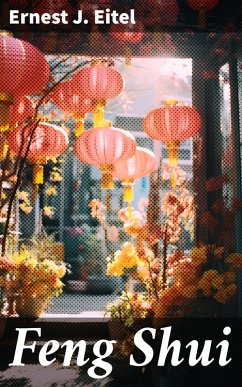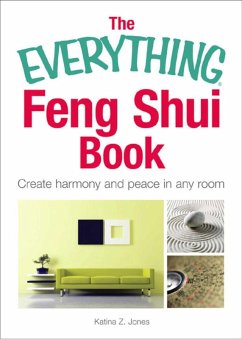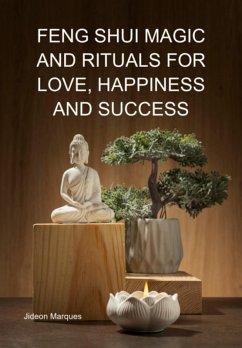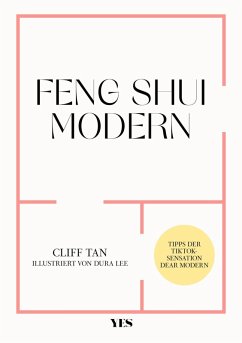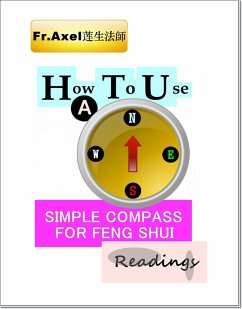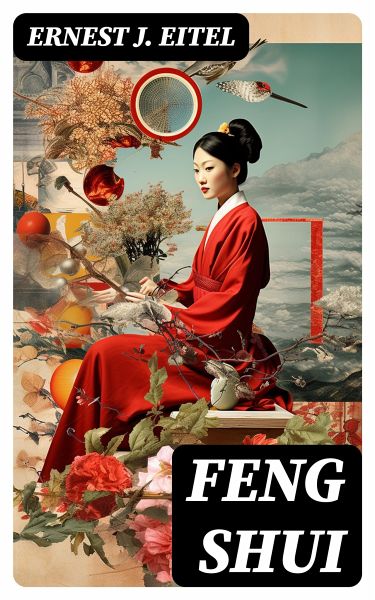
Feng Shui (eBook, ePUB)
The Rudiments of Natural Science in China

PAYBACK Punkte
0 °P sammeln!
In "Feng Shui," Ernest J. Eitel presents a comprehensive examination of the ancient Chinese practice that harmonizes individuals with their environment. Blending accessible prose and scholarly research, Eitel elucidates the philosophical foundations of Feng Shui, such as Ying and Yang, the Five Elements, and the significance of spatial awareness. Written in the late 19th century, this work emerges against the backdrop of Western interest in Eastern philosophies, showcasing a unique fusion of observation and interpretation as Eitel dived into the intricacies of this art-science, employing a did...
In "Feng Shui," Ernest J. Eitel presents a comprehensive examination of the ancient Chinese practice that harmonizes individuals with their environment. Blending accessible prose and scholarly research, Eitel elucidates the philosophical foundations of Feng Shui, such as Ying and Yang, the Five Elements, and the significance of spatial awareness. Written in the late 19th century, this work emerges against the backdrop of Western interest in Eastern philosophies, showcasing a unique fusion of observation and interpretation as Eitel dived into the intricacies of this art-science, employing a didactic style that balances instruction with narrative flair. Eitel, an eminent sinologist and linguist, dedicated much of his life to the study of Chinese culture. His deep immersion in the language and customs of China allowed him to translate complex ideas into a format approachable for a Western audience. His dual role as an educator and researcher provides a keen insight into the transformative potential of Feng Shui, which resonates with Eitel's broader objectives to bridge cultural divides and promote understanding. This book is essential for anyone seeking to explore the philosophical and practical aspects of Feng Shui. Eitel's pioneering work remains relevant today, offering profound insights into our relationship with our environment and fostering a deeper awareness of how space affects our lives.
Dieser Download kann aus rechtlichen Gründen nur mit Rechnungsadresse in A, B, BG, CY, CZ, D, DK, EW, E, FIN, F, GR, H, IRL, I, LT, L, LR, M, NL, PL, P, R, S, SLO, SK ausgeliefert werden.




